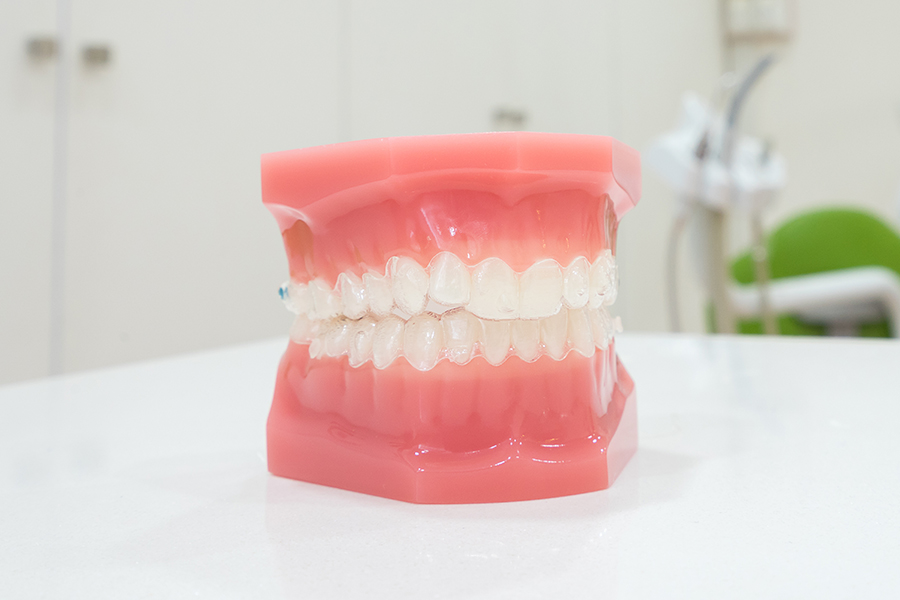Bipolar Causes

Bipolar disorder is a condition that affects the chemistry of your brain and causes emotional episodes ranging from manic and hypomanic (less severe than manic) to major depressive. The cause of this disorder is not known exactly. However, it is generally believed that the disorder is the result of a combination of genetic, neurochemical, and environmental factors.
Genetic Factors
Bipolar disorder tends to run in families. Roughly half of the people affected by bipolar disorder have a family member with a mood disorder. If you have a parent with bipolar disorder, it is estimated that you have a 15% to 25% chance of developing the condition yourself.
Neurochemical Factors
All of the symptoms that come from bipolar disorder originate in one specific area of the brain. Bipolar disorder is the result of dysfunctional neurotransmitters, which causes a chemical imbalance in the brain. This disorder is something that you are born with, and there is nothing you can do to prevent it. However, it may not start to produce symptoms until later in life, perhaps in response to certain stress or social-related triggers.
Environmental Factors
Major life events have the potential to trigger mood episodes in someone who already has the genetic disposition for bipolar disorder. There are other things that have been shown to play a role in the development of bipolar disorder episodes and other symptoms. For example, poor health habits, heavy alcohol use, drug abuse, and hormonal problems all have the potential to trigger either manic, hypomanic, or major depressive episodes in someone who has bipolar disorder. These things are not causes of the disorder itself; rather, they can greatly worsen symptoms or cause symptoms to present themselves for the first time.
Sometimes medications can also trigger episodes for someone with bipolar disorder, especially if it is not properly diagnosed. For example, if an individual with bipolar disorder doesn’t know he or she has bipolar disorder and is prescribed antidepressants for depression, the antidepressant has the potential to cause a manic episode. This is because once the symptoms of depression are treated, the depressive episode can quickly shift to mania instead. For this reason, people who are diagnosed with bipolar disorder are often prescribed both antidepressants and antimanic drugs to be taken simultaneously and prevent this from happening.
Risk Factors
Since bipolar disorder is a genetic and biological condition, if you have the brain chemistry of someone with bipolar disorder, you may never exhibit symptoms and therefore never need treatment. However, there are certain factors that may increase your risk for developing the disorder or act as a trigger for the first episode.
These risk factors include going through a period of high stress, heavy alcohol use, drug abuse, or a major life event such as the death of a loved one or an emotionally traumatic experience.
You are also at a higher risk for your disorder becoming significantly worse if you also have other mental health conditions. If you do have another condition, it will need to be diagnosed and treated before your bipolar disorder can be properly dealt with. Otherwise, bipolar disorder treatment will not be as successful. Some disorders that can worsen bipolar disorder include anxiety disorders, post-traumatic stress disorder, and attention-deficit/hyperactivity disorder.








